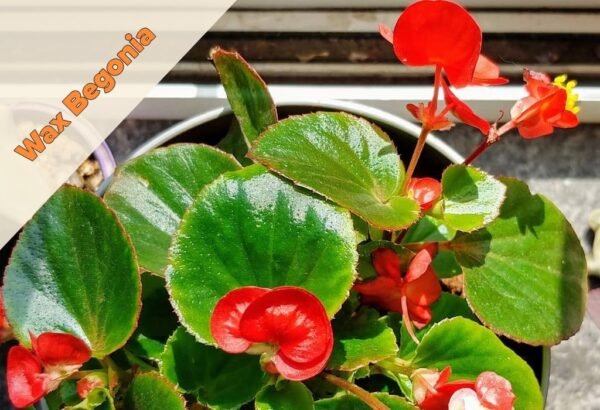

If you have foliage begonias, they are going to need less direct sunlight than blooming begonias, so make sure that you do not place them next to the window. It is also important to make sure that you inspect the plants for insects because the last thing that you want to do is bring a pest inside your home that is going to cause harm to your other plants.ĭuring the process of moving the plants indoors, they may lose some of their leaves, but with proper care, they will regrow. If it is easier, you can use a pair of pruning shears to get all of the leggy material off of the plant. It is going to be best to leave the plants in their pot, but they are growing in the ground or a rootbound pot, you will need to repot them before bringing them indoors.Īs you are repotting your plants, it is important that you pinch back dead blooms and parts of the plant that are not doing so well. They need to be moved indoors before the first frost because the plants may not be able to survive the shock of the cold. In general, many of the begonias that you would grow in your garden can be moved indoors to continue to grow. There are over 16,000 different species of begonias that you can grow, and each one will require different care when they are being winterized. Since the conditions inside your home will be quite different from what they are outside, you can take the plant back outside during the day if it is warm enough. Many plants will not be able to tolerate a temperature under 45 degrees Fahrenheit, so it is imperative that you do not wait too long. Once the temperature dips under 50 degrees Fahrenheit during the night, you will want to start the transition. The trick to ensuring that your plants survive is knowing when to bring them inside. The Basics of Bringing Plants Indoors for the Winter

WAX BEGONIA SOIL HOW TO
In this guide, we are going to talk about overwintering begonias, the steps that you need to take, and how to keep your plants alive during the cold winter months. With that being said, as long as you keep your home at a certain temperature and you give your begonias the love and care that they need to survive, your plants can thrive in your home. Begonias are a beautiful tropical plant that looks great in any garden, but since they do not grow well in colder climates, those of you who live in a northern location where the weather varies quite a bit will not be able to grow these plants outdoors all year long.


 0 kommentar(er)
0 kommentar(er)
